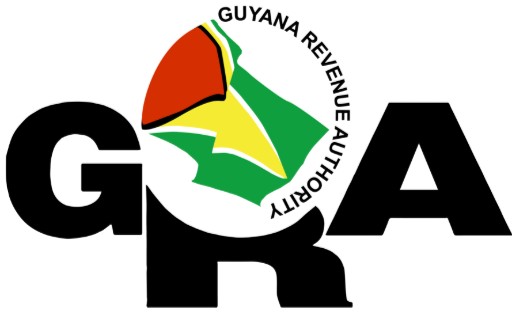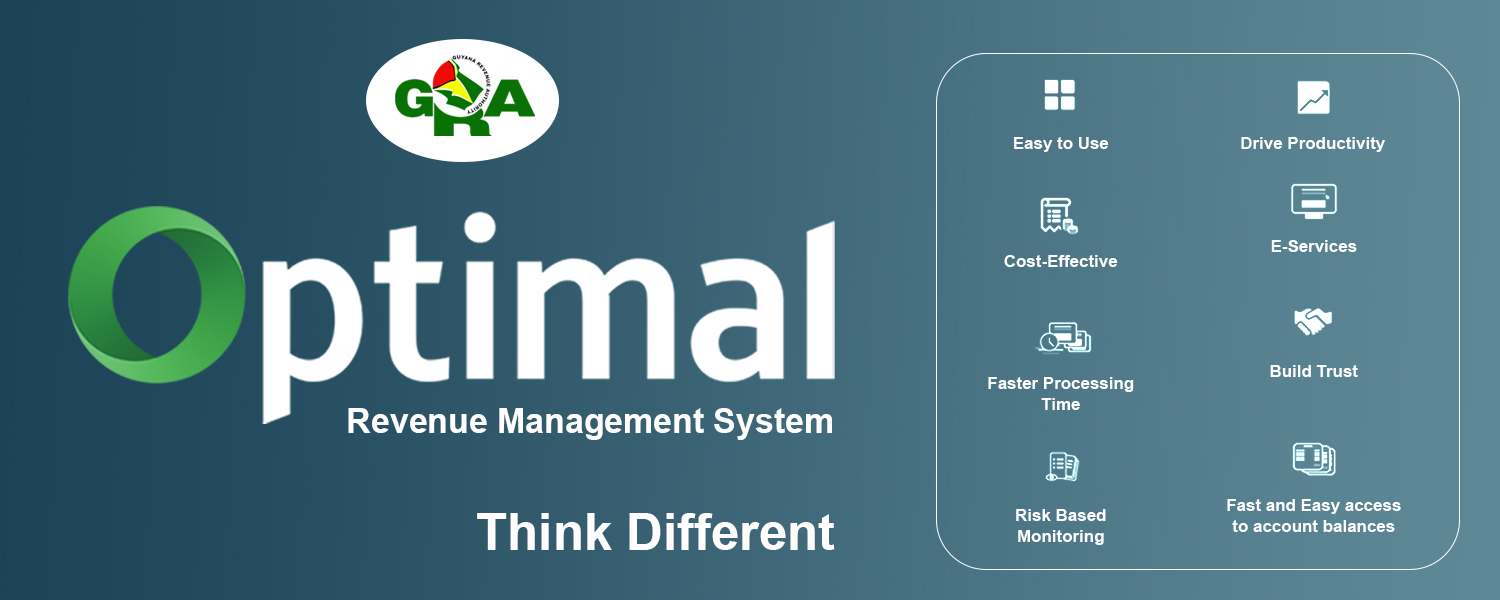How do I obtain exemptions for local sand, stone, concrete blocks, plywood, lumber, or similar materials used for construction?
Lumber is the term used to describe ‘wood, either standing or that has been processed for use – from the time trees are cut down, to its end product. Lumber is also defined as “partly prepared timber”.
Timber is “wood prepared for use in building and carpentry”.
Locally produced sand, stone, concrete blocks, plywood, lumber (or similar materials used for construction). Supplies of locally produced sand, stones, concrete blocks, plywood, logs and lumber of a type and quality used in construction and housing are Zero-rated for the purposes of section 17 as contained in Schedule 1 to the Value-Added Tax Act, Cap 81:05.
The following are zero-rated:
In order for forest products to be zero-rated they must satisfy the following requirements:
- They must be locally produced
- Must be lumber or similar to lumber
- It must be used for constructions.
A Timber Dealer’s Licence or a Sawmill Licence (which functions as an export Licence) is issued by the Guyana Forestry Commission (GFC) on an annual basis to exporters. Exporters desirous of shipping timber from Guyana must apply to and obtain permission from the Guyana Forestry Commission (GFC).
The following serves as a guide to those interested in importing forest products:
- Once permission is obtained, all forest produce for export must be graded. An independent grader will place his mark on the produce, complete a Timber Marketing Certificate and hand it over to the Guyana Forestry Commission along with a written statement.
- The exporter must request an inspection of the shipment (provided that it is logs and lumber, products like furniture and plywood which attract value-added tax are not branded). The GFC must be provided with at least 48 hours’ notice.
- An Inspector from the GFC inspects the graded produce, and brands it. If the shipment is made up of products that have VAT (e.g., plywood), it is examined based on its size. The Inspector finishes the relevant sections of the Timber Marketing Certificate then issues it.
- The Export Certificate is subsequently issued.
- The exporter completes the electronic Single Administrative Document (eSAD) in ASYCUDA.
- Payment is made in eSAD which will then be directed to the relevant sections and the border regulatory agency(s), (GFC) for approval.
- High end value added products such as furniture do not attract this fee.
- The exporter then submits as attachments in ASYCUDA, the following:
-
- The Timber Exports Certificate,
- One copy of the Timber Marketing Certificate with the number of species specified and the description of the approved shipment which should be signed by the GFC Inspector,
- Commercial invoice
- Certificate of Origin.
Please note that the Certificate of Origin can be a CARICOM Certificate of Origin, General System of Preference or EUR 1; depending on which country the shipment is going).
-
- Customs assessment is conducted and calculations made.
- Once all documentation is in order, an Assessment Notice is generated and export duties are paid. If there are any discrepancies with the documentation, a Query Form is completed and sent to the Query Desk with the documents to be given to the exporter for correction and resubmission.
- The approved C72 Form with payment receipt is submitted to the Guyana Forestry Commission.

